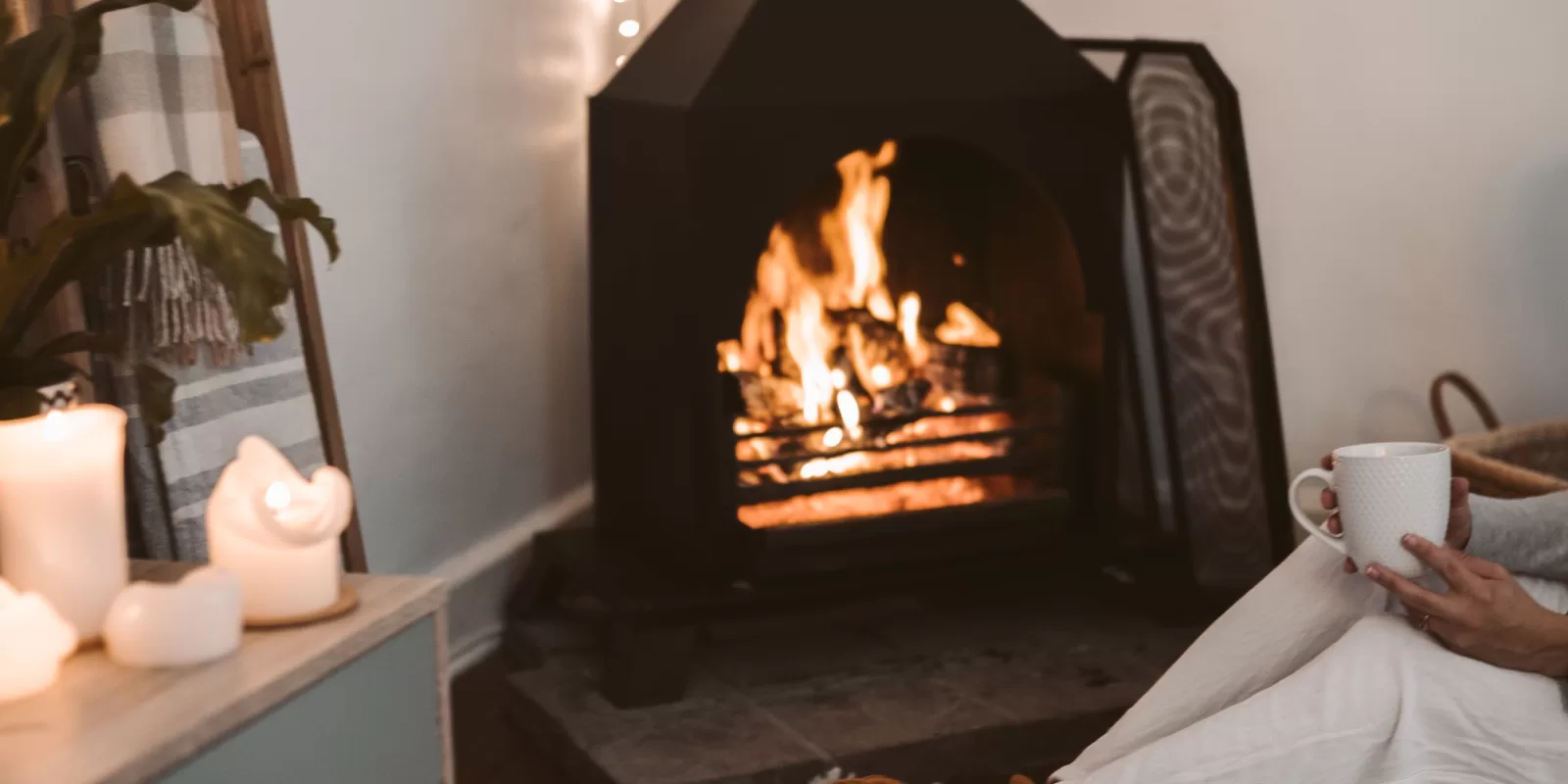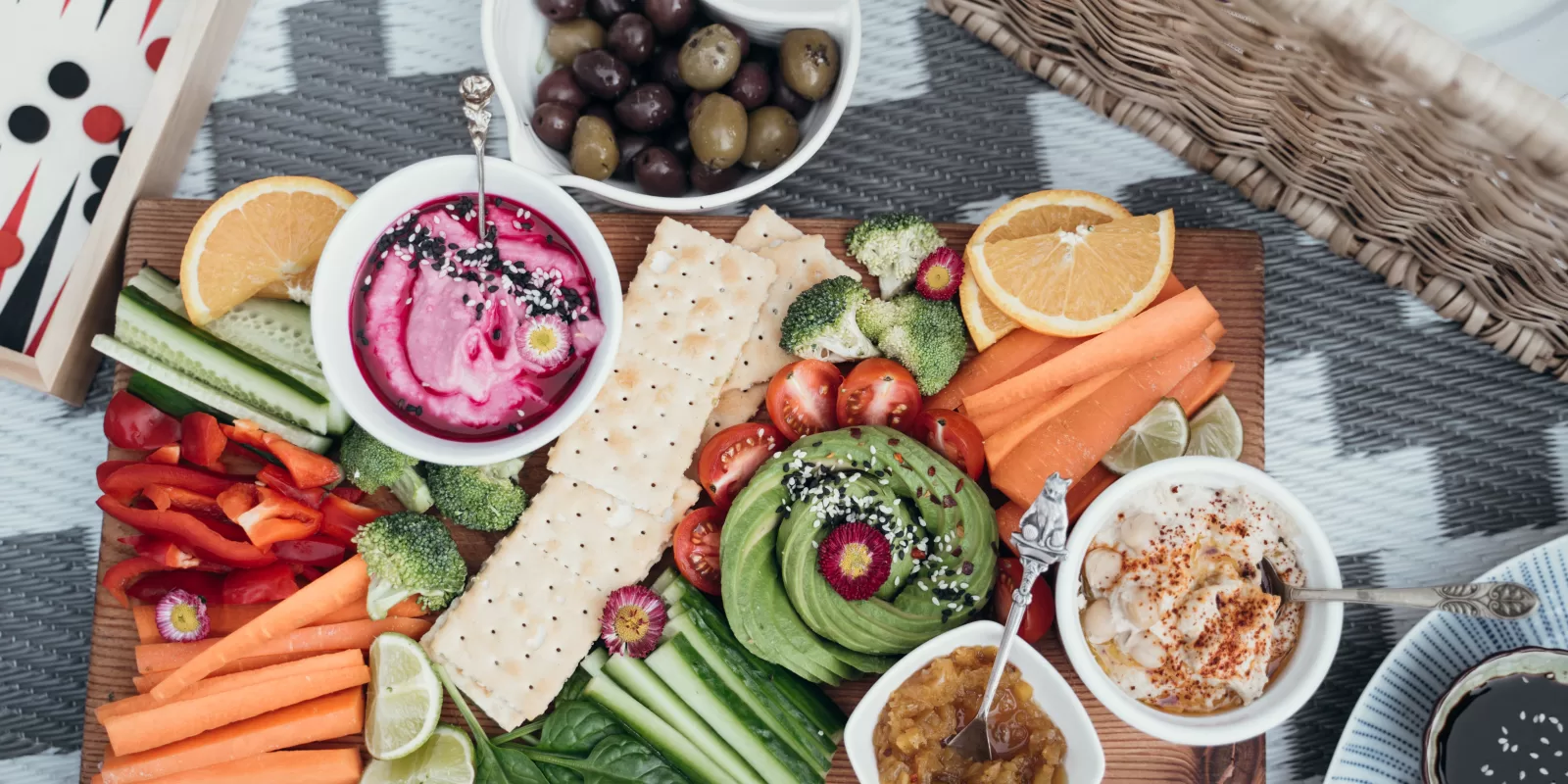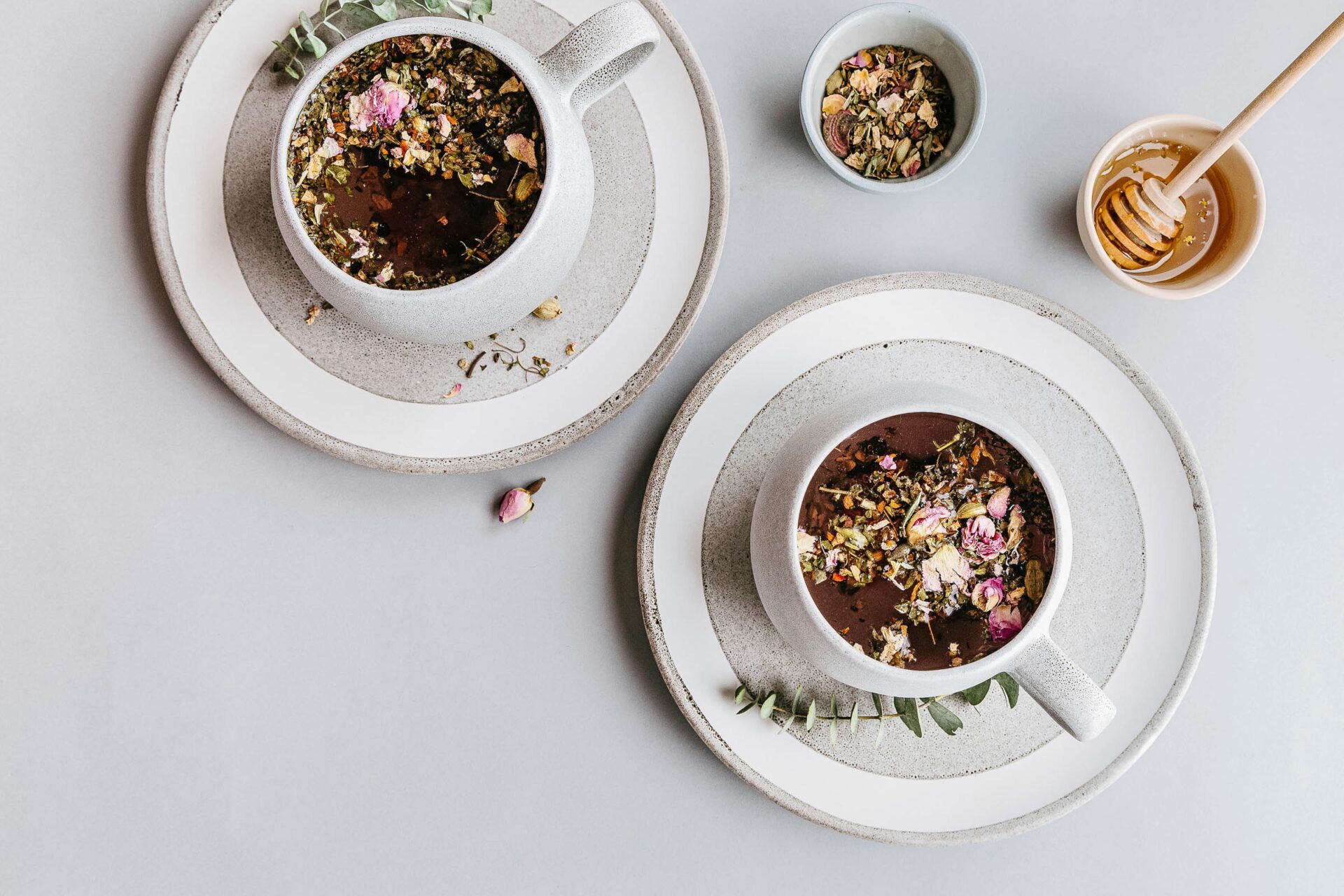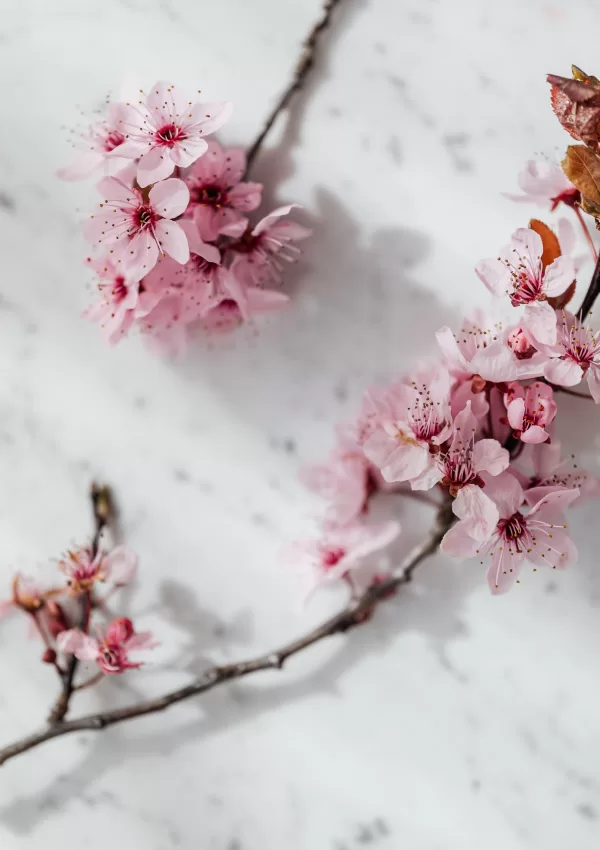 Wintering is a euphemism for those dark, depressing days we face in life. Just like Mother Nature runs through each season, our lives do the same.
Wintering is a euphemism for those dark, depressing days we face in life. Just like Mother Nature runs through each season, our lives do the same.
Author Elizabeth May wrote the book “Wintering: The Power of Rest and Retreat in Difficult Times,” detailing her personal experience with wintering and how she came out on the other side.
Happiness and sadness ebb and flow, popping their heads in from time to time and then retreating for a while to let the other emotion have its time to shine. Our society has taught us that sadness and winter are bad and should be avoided, while summer and happiness are good and should be celebrated.
While it’s true that happiness is something that you should actively be seeking out and is a good indication of when you’re in a healthy relationship, the right job, and/or the right environment, sadness doesn’t always mean bad and can have its teaching moments for us to learn from.
Sometimes we need to retreat in sadness to return evolved like a butterfly in its cocoon before it spreads its wings. Diving headfirst, and acknowledging and embracing your periods of wintering, can help you to process and come out on the other side. Today, we’ll go over ways to help you during your wintering process.
Disclaimer: While some winterings are brought up through unfortunate events or losses, sometimes you might find yourself wintering for no reason. If your brain chemistry works in a way that has you wintering more often than not or you can’t seem to climb out of it yourself, consult with a doctor or a psychiatrist to come up with a specialized plan for you.
Rest-
If you’re feeling a period of wintering coming on, or if you’re in the midst of it, take it as a sign to slow down. During times of sadness, your body naturally will have less life energy, and that’s okay. Binge-watch your favourite comfort show and don’t worry about being as productive as possible.
Sleep earlier, sleep in later, and take frequent naps. Just as bears hibernate in the winter, you too should hibernate if that’s what you need. Remember that it’s not forever, and you can pick up your productivity when you’re in a better place.
Journal-
Sometimes you need to get things off your chest, process your feelings, or clarify what steps to take next. Journaling is a great way to do all of that. Do a morning pages practice where you write 3 single-spaced pages of whatever comes to mind.
It might seem silly at first, but it’ll help to declutter everything out of your mind. It’s recommended to do this first thing in the morning when your ego is quiet, but anytime you can find works too. Keep these pages somewhere no one will see them or dispose of them after. These pages are for your eyes only and should be a safe place to direct your thoughts and feelings.
Cold Water Therapy-
 May explains in her book that she would go swimming in the icy cold sea during the middle of British winters as a part of her wintering journey. Cold water therapy, while tough, is an exercise in resilience. It’s slightly uncomfortable and is a total mental exercise, but when you learn to breathe through it, it provides many physical and mental benefits.
May explains in her book that she would go swimming in the icy cold sea during the middle of British winters as a part of her wintering journey. Cold water therapy, while tough, is an exercise in resilience. It’s slightly uncomfortable and is a total mental exercise, but when you learn to breathe through it, it provides many physical and mental benefits.
Art-
 Even if you don’t consider yourself artistic, is there any medium you can pour into to help you process your wintering phase? Making music, writing, painting, sculpting, designing? If not, why not pick up something you haven’t tried before and use your emotions to tell a story? Typically artist’s best work comes from their personal wintering.
Even if you don’t consider yourself artistic, is there any medium you can pour into to help you process your wintering phase? Making music, writing, painting, sculpting, designing? If not, why not pick up something you haven’t tried before and use your emotions to tell a story? Typically artist’s best work comes from their personal wintering.
Therapy-
Therapy is one of the best things you can do for yourself. Unfortunately, it has some barriers to entry that don’t make it accessible for everyone who could benefit from it, which is pretty much everyone. If the cost of therapy is one of your major concerns, there are sliding-scale options to make therapy affordable based on your income.
There are apps like Better Help and Talkspace that provide over-the-phone and cost-effective therapy. Like dating, the first therapist you meet with might not be THE ONE. It could take sorting through a few until you find someone who clicks with you.
Exercise-
It truly is so annoying that exercise actually works to make you feel better, just like everyone said it would. If you have zero desire to do anything while in a wintering phase, at least try to get some physical activity in 3x a week. When you think of exercise, you might picture packing a gym bag, making protein shakes, and driving to an overcrowded gym to lift heavy weights for two hours. However, it doesn’t have to be that complicated.
You can scale back and find a 10-minute Pilates or yoga workout on YouTube. MovewithNicole has fantastic workouts that range anywhere from 10-50 minutes, and all you need is a mat. Or go for walks in nature to get fresh air and move your body regularly.
While moderate to intense physical workouts are necessary and good for you, if you’re in a period of wintering where even the smallest tasks seem impossible, scale back and do shorter, less intense physical activity. Moving your body at all, even for a few minutes, is better than nothing.
Hygge-
 If you think you’re about to enter a wintering period or are in it and find yourself spending more time at home, make it a cozy place to rest and retreat.
If you think you’re about to enter a wintering period or are in it and find yourself spending more time at home, make it a cozy place to rest and retreat.
Have comfortable blankets and pillows, make comfort meals, and do a purge of clutter or other belongings that are taking up space unnecessarily. Light candles, buy yourself flowers, or make floral arrangements based on the season.
Stay Objective-
Often, when wintering, it feels like this is your new reality and will last forever. Typically, that’s not true. Just after every winter comes spring, your life will likely have a spring of its own. Don’t view this as bad, but as a time to rest and regroup.
Eat Well-
 Always eat well. When you’re in the midst of wintering, you might want to live on a diet of ramen noodles and chocolate chip cookies. While that’s fine in moderation, when you eat well, your body and mind will feel so much better.
Always eat well. When you’re in the midst of wintering, you might want to live on a diet of ramen noodles and chocolate chip cookies. While that’s fine in moderation, when you eat well, your body and mind will feel so much better.
Wintering can also cause overeating or under-eating. Ensure that you are noticing and keeping track of where your relationship with food is heading so that you can keep things in balance. Grocery subscription boxes can help with meal planning by giving you the exact amount of ingredients to streamline your meal prepping if you don’t feel up for meal planning and grocery store trips.
If you do find yourself relying on delivery more often during wintering times, aim to have healthier options more regularly to reduce brain fog and increase your energy levels, which will naturally decline with too much processed and junk foods.
If you’re having trouble fueling yourself properly and healthily, take supplements and vitamins to replace what you might be missing.
Don’t Numb-
When going through periods of wintering, one of the worst things you can do is to be numb. Consuming alcohol or other substances in excess will only make you feel worse. Our culture is so used to numbing that we don’t know how to process or feel feelings as they’re happening. A good rule of thumb is to save mind-altering substances like alcohol for when you’re in a good and happy state of mind.
Final Thoughts-
 Everyone is going to go through periods in their life when they go through a wintering period, aka a depressive state. Sometimes this is brought on by an event or breakdown of a relationship, or a job loss. Sometimes it is a byproduct of burnout, or it hits you out of nowhere. The fact is that eventually it’s coming, but at the same time it won’t remain forever.
Everyone is going to go through periods in their life when they go through a wintering period, aka a depressive state. Sometimes this is brought on by an event or breakdown of a relationship, or a job loss. Sometimes it is a byproduct of burnout, or it hits you out of nowhere. The fact is that eventually it’s coming, but at the same time it won’t remain forever.
While our society has been taught that these periods are “bad,” let’s reframe it. It’s not bad or good, it just is. Letting yourself be in this phase without judgment can help you to process and come out the other side. Just as you would hunker down and adjust your life and schedule when you have a cold or the flu, during wintering you’ll need just as many adjustments.
To get through your wintering phase, do things like rest when you need to, journal down your thoughts, or process your feelings through art. Expose yourself to cold water therapy, exercise when you can, and find yourself a good therapist.
Remember to eat well and don’t numb your pain with substances. It’s okay to feel bad and sad, and those feelings don’t always need to be suppressed. Incorporate a hygge environment into your space if you’re spending more time at home, and try to stay objective.
Winter doesn’t last forever, and eventually, spring will come around. Hopefully, these tips will help you if you ever find yourself wintering.




